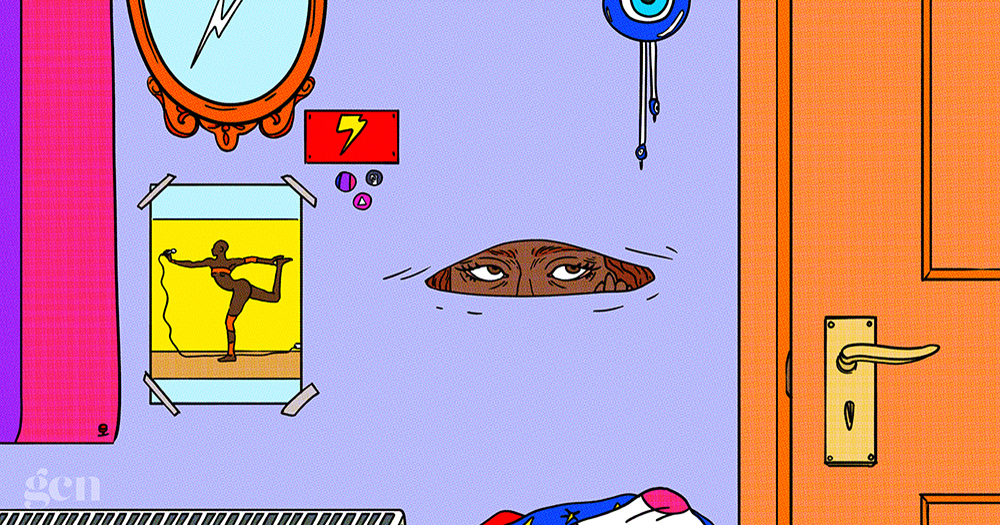GCNnewvoices in partnership with BeLonG To will platform the opinions and thoughts of LGBTQ+ young writers from across the country, speaking about issues that matter to them. Aoibheann Copeland talks about bi erasure and its damaging effects.
Bisexual. By definition, being attracted to both men and women. Simple and straight-forward (excuse the pun)? I wish.
You see, some people have the power of invisibility. In that they can sometimes succeed in avoiding rejection from society and aren’t subjected to negative and disapproving comments through being ‘straight passing’. This seems good, right? Being immune to discrimination and dismissal? However, the issue is severely more complex.
This ‘invisibility’ can be destructive. It leads to bi-erasure. Bisexual erasure is the tendency to ignore, remove, falsify, or reexplain evidence of bisexuality whether it’s in people or the entire disbelief in bisexuality itself. Only 44% of bisexual youth have reported being able to confide in a trusted adult. This is an astonishing figure that needs a solution.
Being bisexual is like having a superpower with damaging consequences. Bisexuals can use this superpower for ‘straight-passing’, to appear as what parts of society expect of young people, which is claimed to be ‘normal’ and ‘conventional’. It is something that some young people, myself included, can do. It isn’t lying, it’s just not the entire truth.
The impact of, not only the dismissal of bisexuality, but also bi-erasure is devastating. Bisexuals are six times more likely than people who are gay or lesbian to hide their identity. This delves into the idea that being bisexual for some people is like having another confined, unhealthy closet. It results in bi people having to come out again and again and again.
This separate closet is dangerous and harmful, especially to youth. There is an uncertainty of where you stand: too queer to be straight but too straight for the queer community.
Last year Lady Gaga made an appearance at New York’s World Pride celebration outside Stonewall Inn. She made light of the issue of bisexual exclusion. She described how “I may not, to some people, even be considered a part of this community.” This demonstrates how this matter is a global issue, affecting many youth in the process. I strongly believe that it is essential that renowned celebrities project these kinds of messages – positive communication allows for celebrities to use their influence on the public in a constructive and pragmatic way.
With the help of many people, we could spotlight this issue. Already this is being done somewhat in the media, particularly in TV shows with bisexual characters. Some examples would be Grey’s Anatomy, Brooklyn Nine-Nine, Shadowhunters and The Chilling Adventures of Sabrina. But while I do agree that change is being done, is it really enough?
I hope in the future that unrealistic ideas and myths surrounding bisexuality will have declined. Media is clearly one of the biggest platforms for getting information across, so why not use it to underline this universal topic?
Keep up to date with #GCNnewvoices across all our social media.
© 2020 GCN (Gay Community News). All rights reserved.
Support GCN
GCN is a free, vital resource for Ireland’s LGBTQ+ community since 1988.
GCN is a trading name of National LGBT Federation CLG, a registered charity - Charity Number: 20034580.
GCN relies on the generous support of the community and allies to sustain the crucial work that we do. Producing GCN is costly, and, in an industry which has been hugely impacted by rising costs, we need your support to help sustain and grow this vital resource.
Supporting GCN for as little as €1.99 per month will help us continue our work as Ireland’s free, independent LGBTQ+ media.

comments. Please sign in to comment.